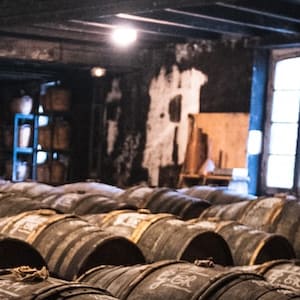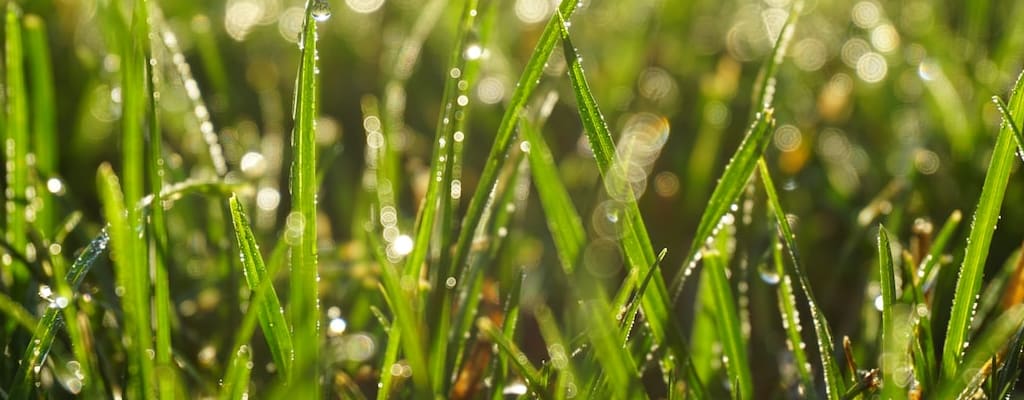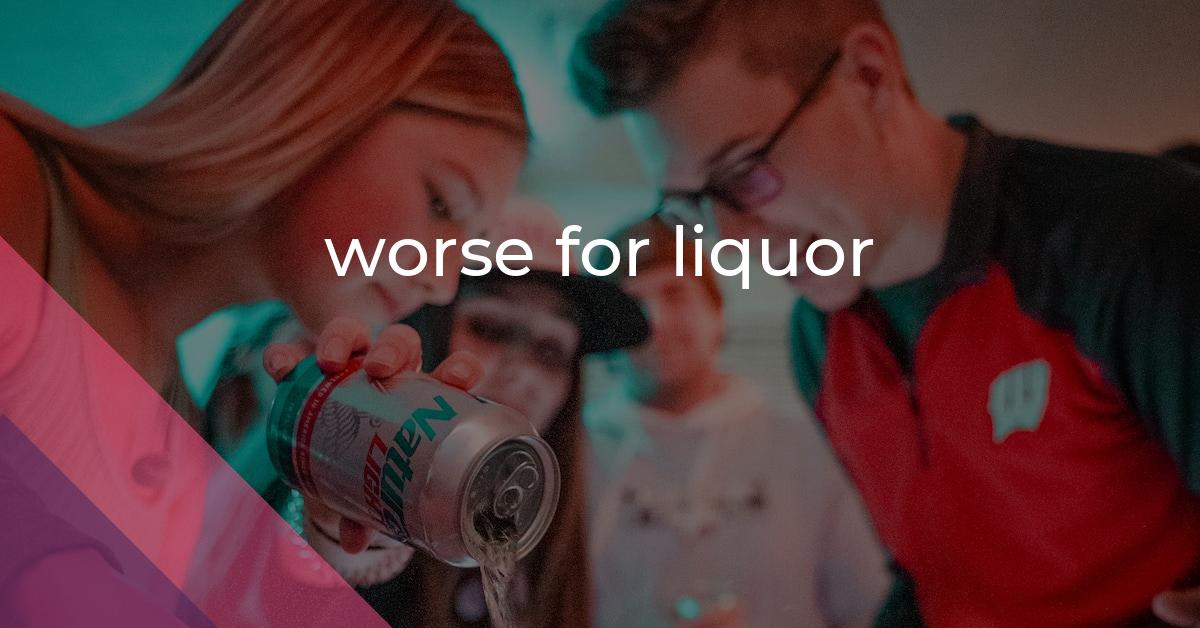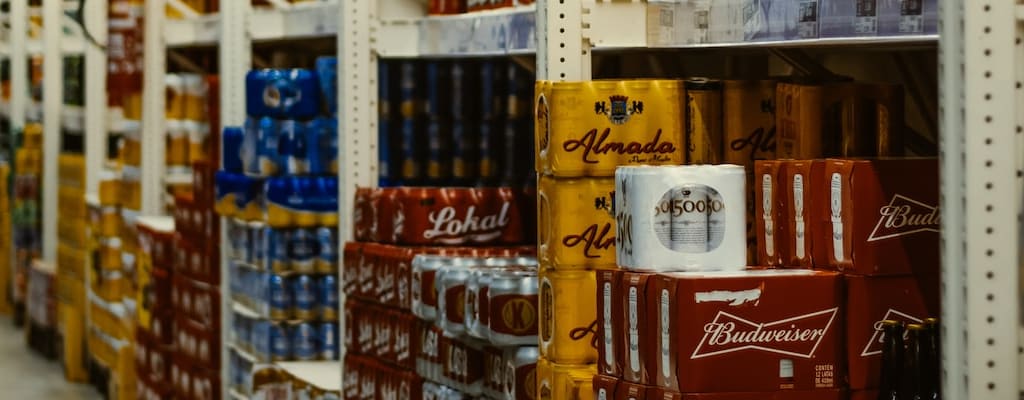worse for liquor: Idiom Meaning and Origin
What does ‘worse for liquor’ mean?
The idiom "worse for liquor" is used to describe someone who is visibly affected by the consumption of alcohol, often implying that they are behaving in a reckless or foolish manner.

Idiom Explorer
The idiom "whiskey dick" refers to the temporary or prolonged difficulty of maintaining an erection or sexual arousal due to excessive consumption of alcohol, specifically whiskey. It is often used humorously or informally to describe the effect of alcohol on sexual performance.
The idiom "under the influence" means being affected by drugs or alcohol, typically to the point of impaired judgment.
The idiom "top-heavy with drink" means someone is heavily intoxicated or drunk. It implies that the person has consumed a large amount of alcohol and is now struggling to maintain their balance or control over their actions.
The idiom "tired and emotional" refers to someone who is drunk or intoxicated. It suggests that the person's judgment or behavior may be affected due to their inebriation.
An idiom meaning to consume a large quantity of alcohol, usually resulting in getting drunk or excessively intoxicated.
The idiom "take a turn for the worse" means that a situation or someone's condition has deteriorated or become more negative than before.
The idiom "shoot the boots" refers to someone engaging in excessive and reckless drinking. It emphasizes the act of consuming alcohol in large quantities, suggesting a lack of moderation or control.
An idiom often used to describe a person who is disliked or considered bad, with negative qualities or behavior.
Unveiling Inebriation
The idiom "tie one on" is closely related to the concept of being "worse for liquor." "Tie one on" is another idiomatic phrase that refers to excessive alcohol consumption and becoming heavily intoxicated. It suggests that the person has tied one (drink) after another, leading to a state of drunkenness. Both idioms convey the idea of being under the influence of alcohol and experiencing the negative effects on behavior and demeanor.
The idiom "under the influence" is also connected to the concept of being "worse for liquor." When someone is under the influence of alcohol, their judgment and behavior can be impaired. This can lead to a decline in their mental and physical condition, similar to the meaning of being "worse for liquor." Both idioms highlight the impact of alcohol on a person's state of mind and how it can worsen their behavior.
An additional related idiom is "worse for wear." This idiom generally means that someone or something is in a worse condition or state than before. When it comes to being "worse for liquor," this idiom reinforces the idea that consuming alcohol can negatively affect a person's overall well-being and demeanor. It suggests that the individual's physical and mental state deteriorates after drinking alcohol.
Lastly, the idiom "hit the bottle" has a prominent relationship with the concept of being "worse for liquor." "Hit the bottle" is an expression used to describe someone who drinks alcohol excessively, often as a means of coping with or escaping from their problems. This behavior can contribute to a decline in their overall well-being and exacerbate negative traits, similar to the effects associated with being "worse for liquor."
The idiomatic phrase "worse for liquor" signifies that someone becomes more ill-tempered or unpleasant when under the influence of alcohol. It encapsulates the observation that alcohol can amplify existing negative qualities, making the person even more difficult to deal with or be around. It is important to note that this idiom does not imply that everyone becomes worse or unpleasant after consuming alcohol, but rather focuses on specific individuals whose negative tendencies are exacerbated by alcohol. The related idioms "tie one on," "under the influence," "worse for wear," and "hit the bottle" all convey similar meanings, emphasizing the negative effects of excessive alcohol consumption on behavior and demeanor. These idioms serve as cautionary reminders about the potential consequences of alcohol misuse and highlight the complex relationship between alcohol and human behavior.
Example usage
Example 1: After the party, John was worse for liquor and couldn't remember anything that happened.
Example 2: Sarah's behavior became worse for liquor, leading her to make foolish decisions.
Example 3: The next morning, Mark woke up feeling worse for liquor, with a terrible hangover.
More "Drunkenness" idioms
We missed the mark - nothing found.



